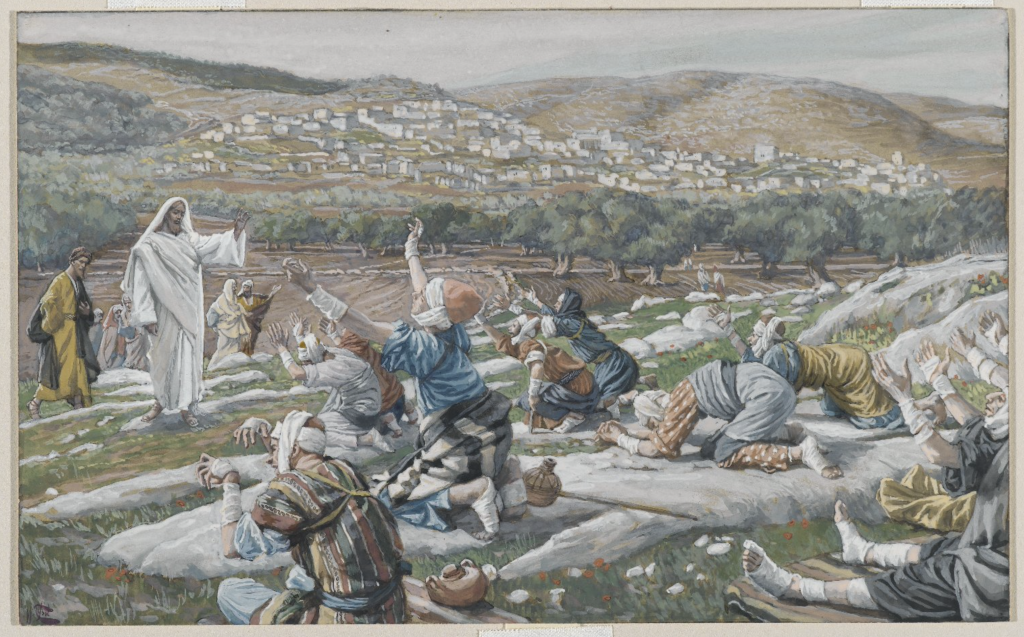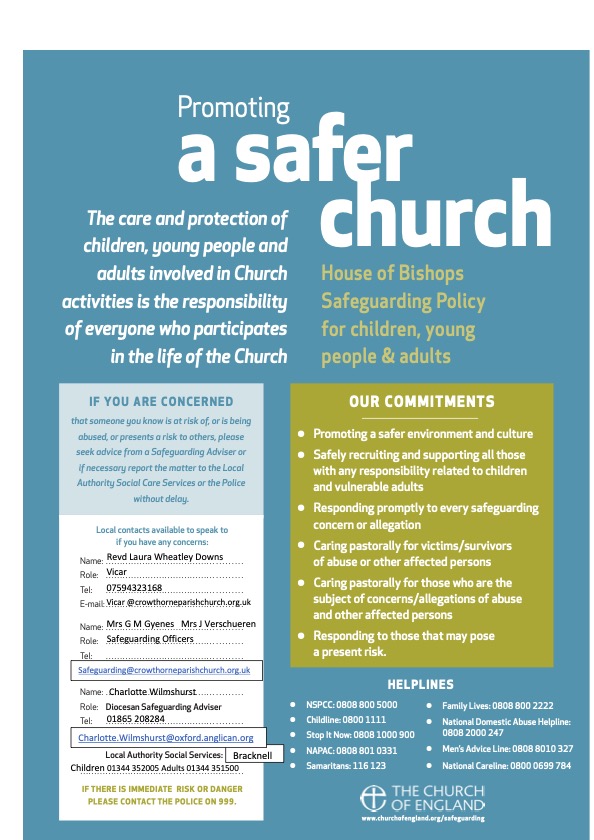
The story in the Gospel reading for next Sunday about Jesus healing ten lepers he meets on his way to Jerusalem is a clear illustration of God’s inclusive nature.
To arrive at the region between Samaria and Galilee as Luke describes, Jesus must have turned off his route. And, as he often did as he travelled around, he went towards the outcast, the unclean.
It is noteworthy in Luke’s Gospel story that all ten lepers that Jesus healed set off towards the priest to prove their healing before it had happened! The text says, ‘As they went, they were made clean’. (Luke 17:24) Nine rushed on to show themselves clean, needing the acknowledgement of others. But only a foreigner, a Samaritan turned back to thank Jesus, who responds, ‘Get up and go on your way; your faith has made you well’ – a clear affirmation of the faith of the Samaritan.
Is there another important message for us in this story? Only the Samaritan, a foreigner feared and despised by the Jews, made the effort to thank Jesus after he was healed. Clearly Jesus’ healing power was not reserved only for Jews. The same point is being made about the inclusiveness of God’s love and care in the story of the ‘Good Samaritan’ (Luke 10:25-37) and the ‘Samaritan woman at the well’ (John 5:4-30).
If we ask ourselves who are the unclean, the outcasts in our society, what do we answer? And do we behave differently towards them? And if so, why?
Have you ever been asked for one word to describe yourself? It is not an easy thing to do. A sentence or two might cover the main points; but one word? But is the same true when we speak about others? Is it sometimes easier to make a snap judgement, to label someone, especially if he or she is from another country or culture, who looks different to us and speaks a different language. Is it right to sum up someone based on just one observed characteristic, one word?
I was struck by the words of the Invitation to Confession which we said together at the beginning of the Harvest Thanksgiving Service last Sunday:
Jesus said:
Before you offer your gift,
go and be reconciled,
as brothers and sisters in God’s family,
we come together to ask our Father for forgiveness.
The question we cannot avoid asking ourselves after hearing stories of Jesus’ inclusive nature is this: Are we part of a community or family waiting to welcome or receive back those previously cast out? And, if so, is our welcome full and open-armed, or with reservations? There is certainly a contemporary aspect and real urgency to such questions. We do well to remember that we too are labelled by those we meet. And we are also known and healed by Jesus.
A Prayer from the Methodist Church:
God of all, praise and thanks be yours through Jesus,
who at his birth received visits from shepherds and foreigners,
who invited fishermen and tax collectors to be his disciples,
who taught us not to judge others,
who healed a Roman’s servant and a Canaanite’s daughter,
who was happy to be counted as one who ate and drank with sinners,
who challenged religious leaders for neglecting justice, mercy and faith,
who sets before us an example of the inclusive mission and ministry of the gospel. Cleanse us by your Holy Spirit,
and as we reject, and resist discrimination,
may we truly love and serve you as we love and serve all.
In Jesus’ name. Amen.
Hazel Berry LLM
PS Colouring page attached for children.

